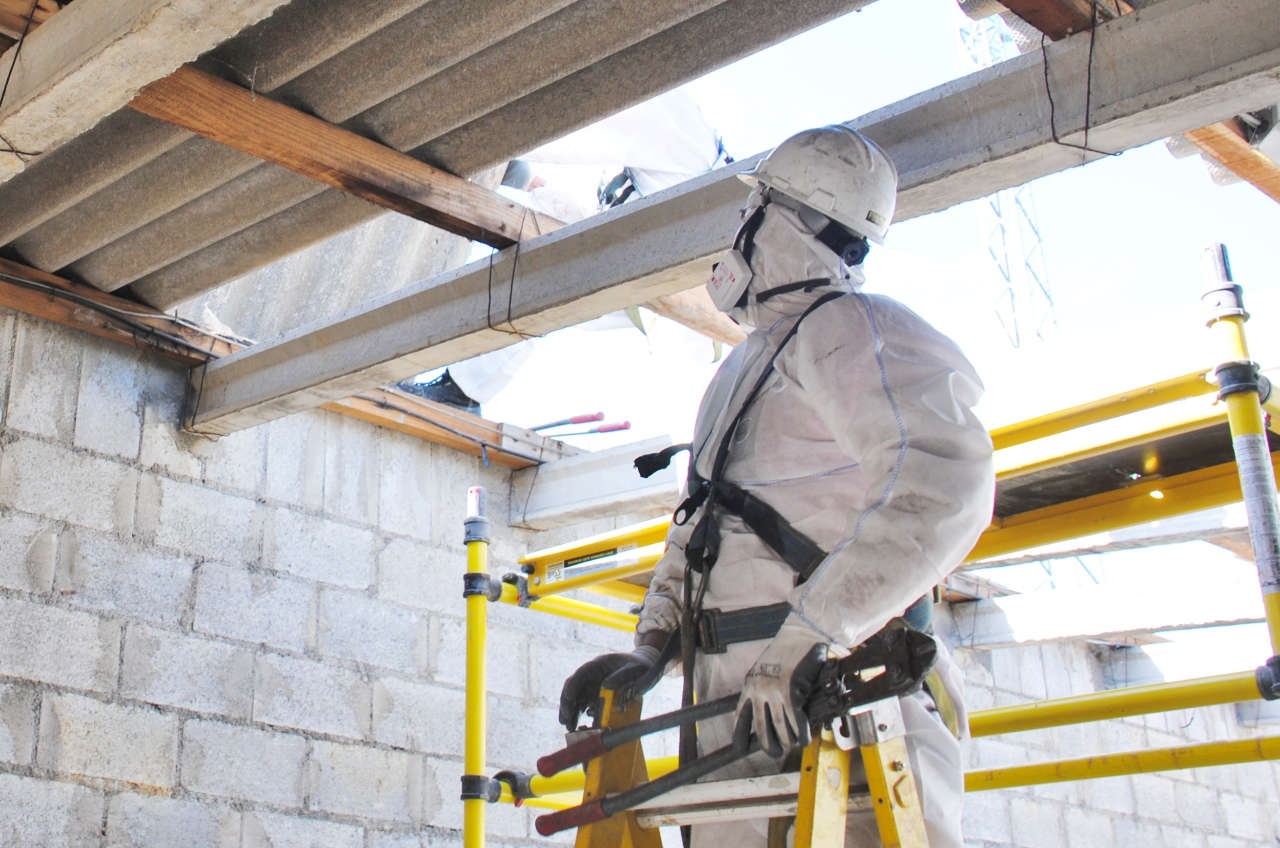Termites are a significant concern for homeowners, often causing extensive damage before their presence becomes noticeable. These small pests feed on wood and other cellulose-based materials, silently compromising the structural integrity of homes and buildings. Termite testing plays a vital role in detecting infestations early and safeguarding properties against long-term damage.
What Is Termite Testing?
Termite testing is a detailed inspection process conducted by professionals to identify signs of infestation. The process involves checking various areas of the home, including walls, basements, attics, crawl spaces, and exterior structures like fences and decks. Professionals look for visible damage, mud tubes, frass, or hollow wood that may indicate an active termite presence.
While the process might seem straightforward, it requires specialized knowledge and tools to uncover hidden colonies. Termites often thrive in concealed areas, making it challenging for untrained individuals to detect their presence. A professional termite test ensures no areas are overlooked, providing a comprehensive assessment of your property’s condition.
Why Termite Testing Matters?
The importance of termite testing cannot be overstated. These pests work silently and persistently, often going unnoticed for years. The structural integrity of a structure may already be weakened by the time obvious damage signs show up. Regular termite testing allows for early detection, minimizing damage and reducing the cost of repairs.
Termite infestations are not limited to older homes; even new constructions are at risk. Factors such as the type of soil, climate conditions, and nearby vegetation can increase susceptibility to termites. A professional termite test takes these variables into account, offering tailored recommendations to protect your property.
Professional termite diagnosis methods are essential for identifying potential damage and preventing costly repairs. Through comprehensive termite testing, experts assess vulnerable areas in a property, such as wooden structures and hidden crevices, to detect signs of activity. Testing for infestations ensures that homeowners can address termite problems early, protecting their investment and maintaining the structural integrity of their homes.
Frequency Of Termite Testing
Regular termite testing is essential, regardless of whether you have noticed signs of an infestation. In areas prone to termites, annual testing is often recommended to stay ahead of potential problems. If your property has a history of infestations or is located in a high-risk zone, more frequent inspections may be advisable.
For new homeowners, termite testing should be conducted before finalizing a property purchase. This step ensures you’re aware of any existing infestations or vulnerabilities, helping you make informed decisions.
The Role Of Prevention
Preventative measures are a key aspect of termite management. While testing helps detect existing infestations, taking proactive steps can significantly reduce the risk of termites invading your property. Simple actions, such as repairing leaks, sealing cracks, and ensuring proper drainage, can make your home less attractive to these pests. Regular maintenance and professional guidance go hand in hand with termite testing, providing a robust defense against future infestations.
Professional Vs. DIY Approaches
While some homeowners attempt to test for termites themselves, professional inspections are far more reliable and effective. Trained inspectors have the experience and tools necessary to identify even subtle signs of termite activity. They also provide detailed reports and recommend appropriate treatment options, ensuring the issue is addressed comprehensively.
DIY methods, on the other hand, are often limited in scope and may miss critical areas of concern. For complete peace of mind and long-term protection, professional termite testing is the best option.
Addressing Infestations
If termites are detected during testing, immediate action is crucial to prevent further damage. The type of termites involved and the extent of the infestation determine the available treatment options. Common methods include liquid treatments, baiting systems, and fumigation. A specialist can help you choose the best course of action for your circumstances.
In addition to treatment, addressing the underlying causes of the infestation is essential. This may involve modifying landscaping, removing wood debris near the foundation, or repairing water damage that attracts termites.
The Long-Term Benefits Of Termite Testing
Investing in termite testing offers long-term benefits that go beyond immediate pest control. By guaranteeing structural integrity and lowering the likelihood of expensive repairs, routine inspections help preserve the value of your house. For homeowners planning to sell, a history of termite testing and maintenance demonstrates responsible property management, increasing buyer confidence.
Termite testing also provides peace of mind. Knowing your home is free from infestations allows you to focus on other aspects of property care without the worry of hidden damage lurking beneath the surface.
Conclusion
Termite testing is an essential aspect of home maintenance that no homeowner should overlook. By identifying infestations early, you can prevent extensive damage, reduce repair costs, and protect your investment. Regular testing, combined with proactive prevention and professional guidance, ensures your property remains safe from these silent destroyers. Taking the time to schedule a professional termite test is a small step that can save significant time, money, and stress in the long run.





